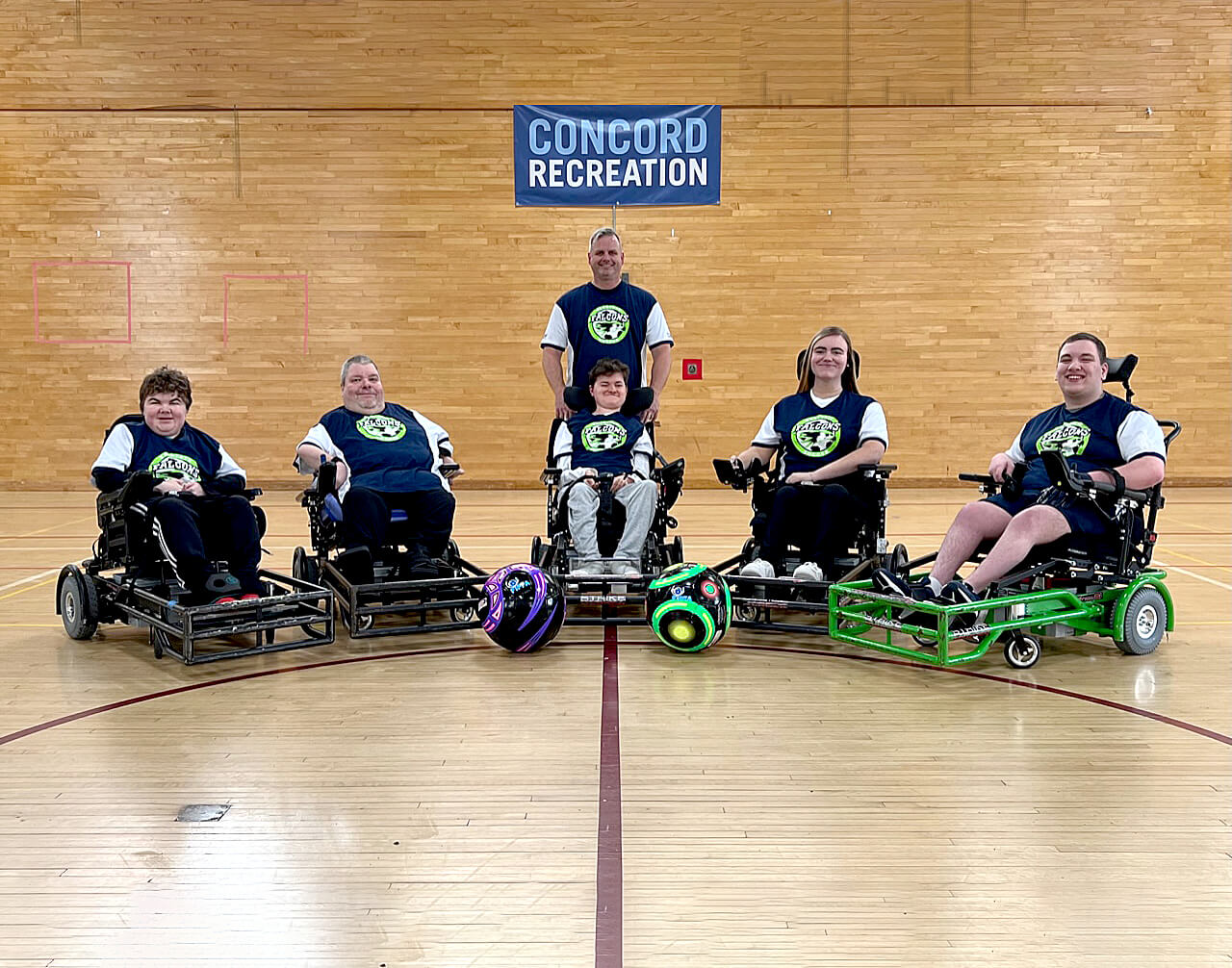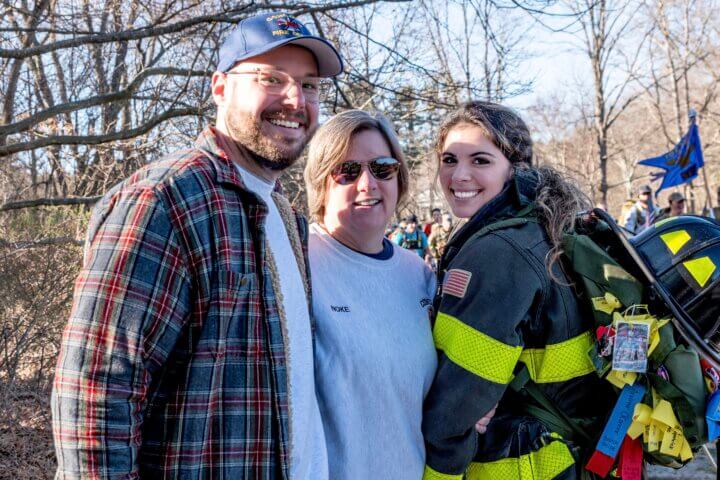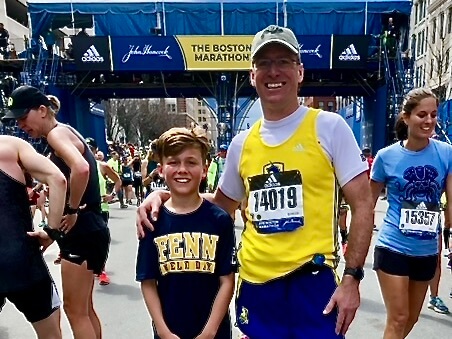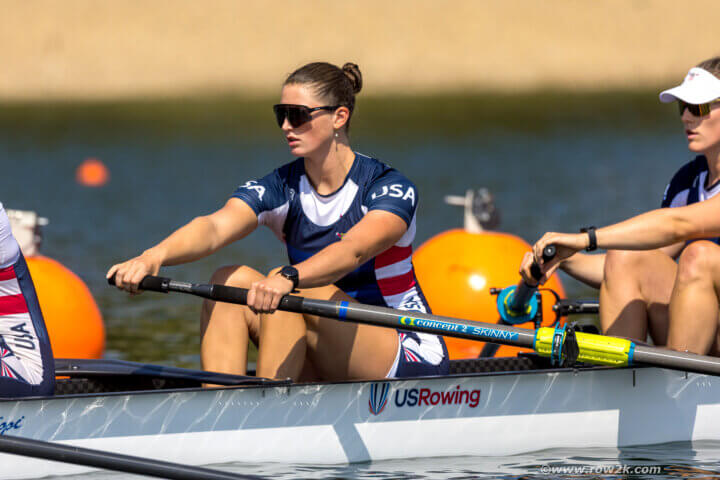Some players are young. Some are not so young. Some are male; some are female.
Once the Baystate Falcons power soccer team is out on the court, none of that matters. All that matters is that they play together to the best of their ability, have a good time, and, they hope, win.
The Falcons, who practice on Saturdays at the Concord Recreation Department’s Hunt Gym, placed third in the US Power Soccer Association national championships in Fort Wayne, Indiana.
“We felt like we should have won but third is pretty good, too,” said the Falcons’ Logan Debrocke, a 15-year-old. “There’s always next year. That’s why we practice.”
Power soccer is a version of soccer that athletes in power wheelchairs play. The game pits two teams of four players (three field players and a goalie) on a hard indoor surface that is larger than a basketball court.
The ball is bigger than a basketball but made of the same material as a soccer ball. The games are two 20-minute halves.
The wheelchairs the athletes use are somewhat small, mobile versions of power wheelchairs. At the front of the chair is a rectangular metal extension that the players use to pass, control and shoot the ball. They typically propel the ball by pivoting and striking the ball with the front of the chair in much the same way a flipper plays a pinball.
“You have the metal guard at the front of the chair and it moves at a high speed,” said the Falcons’ Brendan White, 16.
The chair is called a Strikeforce. It’s lighter than the motorized chairs the athletes use in their everyday lives. It’s more mobile and also better able to stand up to the rigors of the sport.
“The chairs we use every day are made for comfort and function,” said Dana Parrott, 20, a student at the University of Connecticut. “These are made more for speed and to be able to turn fast.”
Said White, “It takes some time to learn how to use them. They turn so much faster. It took me at least six months.”
Richard Phillips, 57, has been in motorized wheelchairs since he was 12. Because of that experience, he picked up the nuances of the Strikeforce chairs somewhat quickly, but he did notice the differences.
“It has a very powerful spinning radius,” he said. “When you’re in it, you feel like a super athlete.”
Phillips, who works at an independent living center in his hometown of Halifax, plays with teammates who are mostly in their teens and 20s, but when they’re in the thick of the action, that doesn’t matter to anyone.
“I feel like I’m 22,” he said. “I feel like I learn more from them.”
Said Declan Hickey, 17, “It’s a good group. Everyone’s different ages and from different places.”
The age differences are not unusual for teams in the sport.
“At the nationals, you’ll have kids who are 10 years old playing with 60-year-olds,” said Sean White, the Falcons’ coach..
Sean, who grew up playing many sports and is Brendan’s father, grew up playing many sports. He sees his role as more a facilitator and not so much someone to teach the technical aspects.
“It’s more guidance about where to play and substitutions,” he said. “It’s hard to coach if you haven’t done it.”
To qualify for the national tournament, teams have to play at least 12 sanctioned games each year. They usually take place in multi-team tournaments. The Falcons have a tournament later this winter at the University of New Hampshire. They play teams throughout the Northeast during their season. Their closest rival is the Boston Breakers, a team that practices and plays in Boston.
The Falcons are a part of Boston Self Help, a 501(c)3 organization. Donations, which are tax deductible, can be made to Boston Self Help Center, c.o Mary White, 1 Otters Way, Sterling, MA 01564. Tax ID 04-2649399 or email Mary White at whitem3700@gmail.com.





